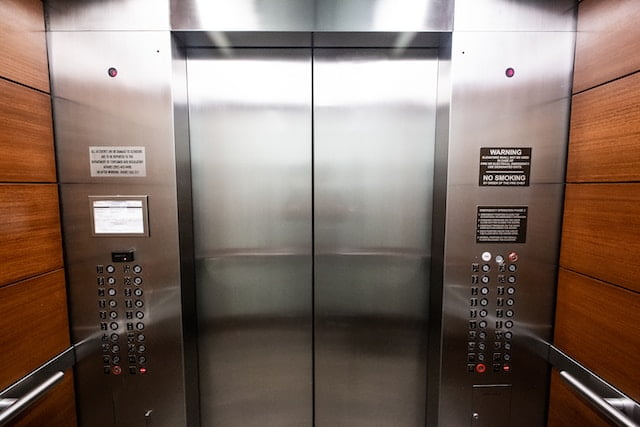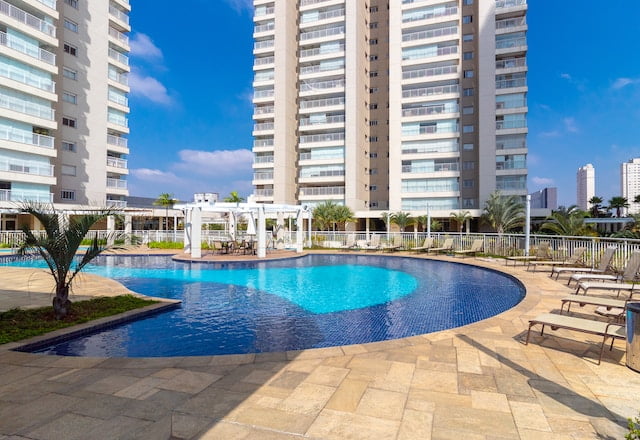The Importance of Maintenance Fees for Residential Buildings
When you buy a residential unit in a condominium or an apartment, you are also becoming a part of a community. To maintain the longevity of your building, you will need to understand and appreciate the significance of maintenance fees.
In this article, we will explore the importance of maintenance fees for residential buildings. We will discuss the essential role that maintenance fees play in the sustainability of residential buildings.
1. Infrastructure Maintenance
The most important purpose of maintenance fees is to ensure the ongoing upkeep and maintenance of the building’s infrastructure. The fees are used for the maintenance and repair of common areas and facilities, such as elevators, corridors, lobbies, parking lots, swimming pools, playgrounds, and the building’s exterior. Besides, the fees are also needed to cover the cost of labor, materials, and equipment. Regular inspections, cleaning, and repairs are essential to preserve the aesthetics and functionality of these facilities. Your residential building can only remain an attractive and comfortable place to live when all these facilities are taken care of.

2. Repairs and Replacements
Over time, wear and tear can affect various components of a residential building, such as plumbing systems, electrical systems, roofing, and many more. When maintenance is no longer able to keep the functionality of these components, essential repairs and replacements are needed. This is the time when maintenance fees will be used, to ensure that the building’s critical systems are in good working condition. By addressing these issues resourcefully, further deterioration can be prevented. It also potentially saves money in the long run. Timely repairs and replacements help maintain the value of your property and contribute to a safer living environment.
3. Safety and Security
Safety and security do not come as granted. They are the results of a cooperative community and a deep pocket. A key part of maintenance fees is always allocated to security and safety measures of a residential building. This includes security personnel, access control, emergency response plans, and surveillance systems. These investments help create a secure living environment. Residents can feel protected while living within the community.
4. Common Amenities and Services
Many residential buildings offer common amenities and services, such as fitness centers, community rooms, gardens, and jacuzzis. These amenities enhance the life quality of residents and foster a sense of community. However, all of these amenities also need to be maintained to ensure that they remain in excellent condition. Maintenance fees will cover the cost of maintaining these amenities.

5. Professional Management
The efficient operation of a residential building will not be available without professional property management. A portion of maintenance fees goes toward hiring experienced property managers or management companies to handle administrative tasks, maintenance coordination, and financial management. Professional management can help to ensure that the building runs smoothly. It can also help address residents’ concerns, enforce rules and regulations, and make informed decisions about building improvements.
6. Contingency Fund
In addition to ongoing maintenance, maintenance fees also contribute to a contingency fund. This fund serves as a financial safety net for unexpected expenses or emergencies. Whether it’s a sudden repair, natural disaster, or unforeseen legal costs, having a contingency fund ensures that the residential building can address these challenges without burdening residents with hefty special assessments.
7. Property Value Preservation
Maintenance fees play an indirect yet crucial role in preserving the value of your property. Imagine what will happen to your residential building if maintenance fees are unavailable. Conditions of common areas and facilities will become worsen. The aesthetics of the whole building will be badly affected. And the most serious consequence that can occur is the deterioration of the building security. Unauthorized access may cause crimes and inconveniences to the residents.
When the time comes to sell or lease your unit, you will not have the leverage to command a higher price or rent due to the negative reputation and condition of the building. Thus, maintenance fees are extremely important in protecting and enhancing the long-term value of your investment.
8. Legal and Regulatory Compliance
Residential buildings must adhere to various legal and regulatory requirements, including building codes, environmental regulations, and safety standards. All of these compliances need adequate financial support. Maintenance fees contribute to meeting these obligations, ensuring that the building remains compliant and avoids costly legal issues or fines. Compliance is essential for the well-being of residents and the building’s marketability.
9. Community Harmony
Paying maintenance fees is a collective effort that promotes community harmony. It is the shared responsibility among residents. When residents contribute their fair share, it ensures that the burden of maintenance and repair costs is distributed equitably. This cooperative approach fosters a sense of unity and shared ownership, which are important elements of a harmonious residential community.

Conclusion
In conclusion, maintenance fees are the lifeblood of residential buildings. They are used to provide security and preserve property values. These fees represent an investment in the well-being of your home, creating a comfortable living environment for residents. By understanding the importance of maintenance fees, residents can then actively contribute to the sustainability of their residential communities.